SUMMARY
This is AI generated summarization, which may have errors. For context, always refer to the full article.
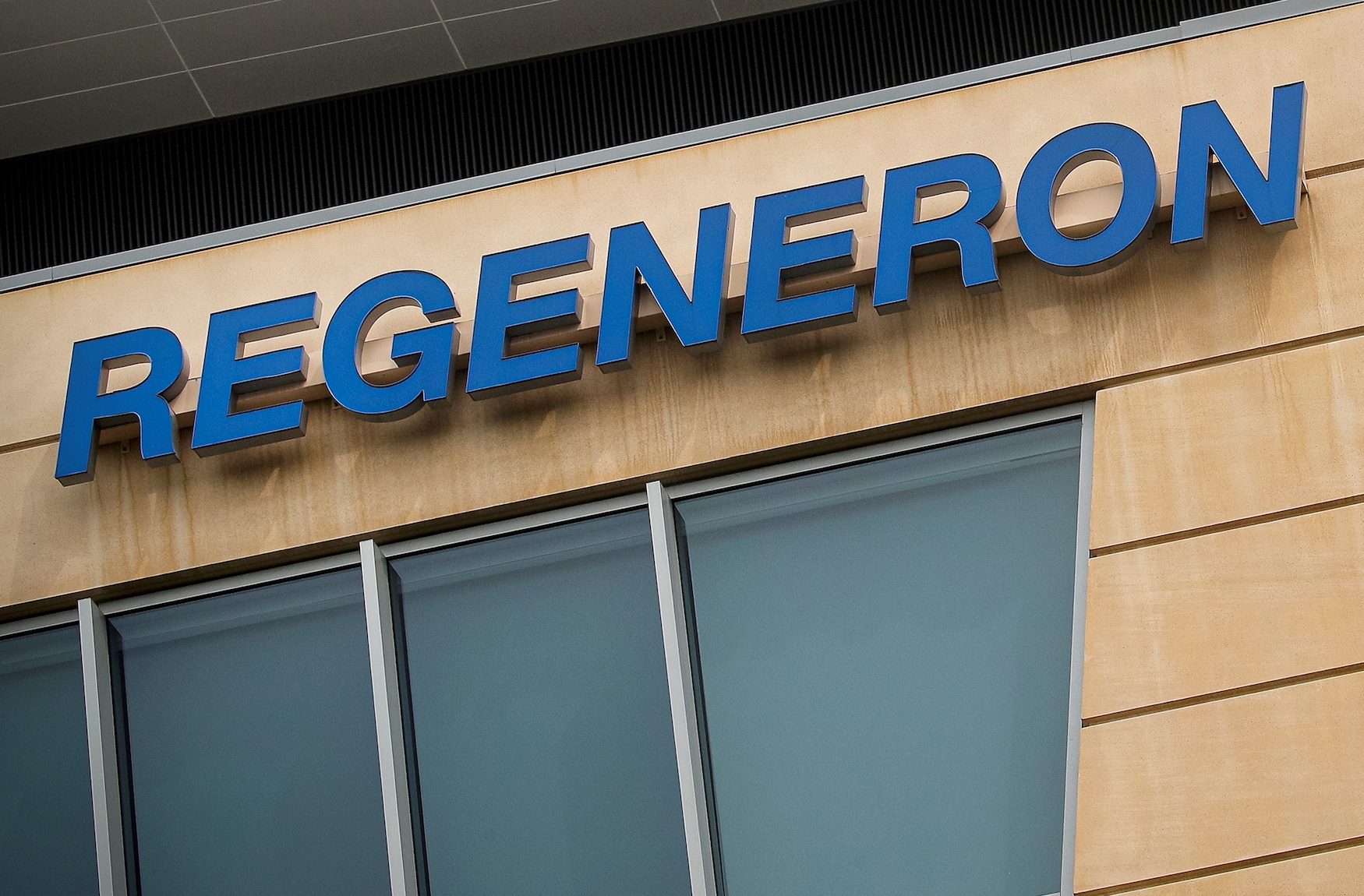
Regeneron Pharmaceuticals said on Thursday, December 16, its COVID-19 antibody therapy is less effective against the Omicron variant of the coronavirus, though it is still active against the Delta.
The Omicron variant has been detected in 77 countries since it was first identified three weeks ago, fueling concerns that its large number of mutations will help it spread faster and evade protection provided by COVID-19 vaccines and therapeutics.
Earlier this week, German researchers found that COVID-19 therapies developed by Eli Lilly and Regeneron lose most of their effectiveness when exposed in laboratory tests to the Omicron.
Late last month, Regeneron itself said that lab tests and computer modeling suggested its antibody drug, REGEN-COV, would have reduced efficacy against Omicron.
The drugmaker said though REGEN-COV showed diminished potency against Omicron, it is still active against Delta, which currently is the most prevalent variant in the United States.
REGEN-COV is currently authorized in the US to treat people with mild-to-moderate COVID-19 and for prevention of
infection in those exposed to infected individuals, and others at high risk of exposure in settings such as nursing homes or prisons.
Regeneron has identified several ‘next generation’ monoclonal antibodies that are active against both the variants
and expects to bring them into clinical trials in the first quarter of 2022. – Rappler.com
Add a comment
How does this make you feel?
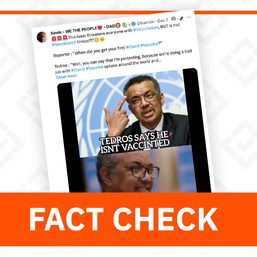
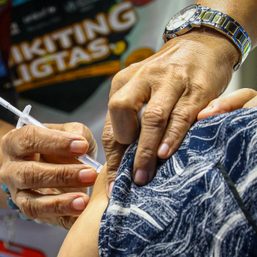
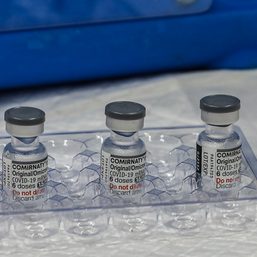

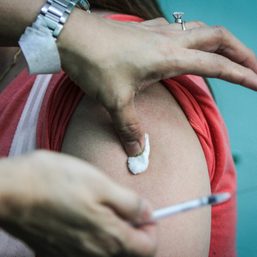
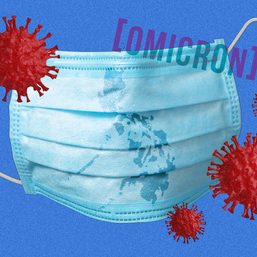
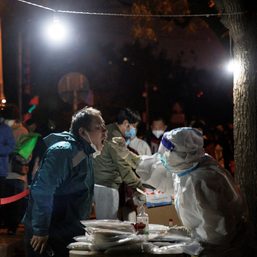
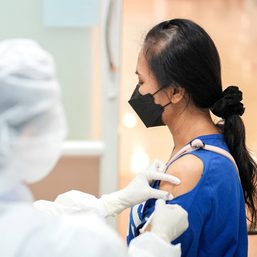


There are no comments yet. Add your comment to start the conversation.